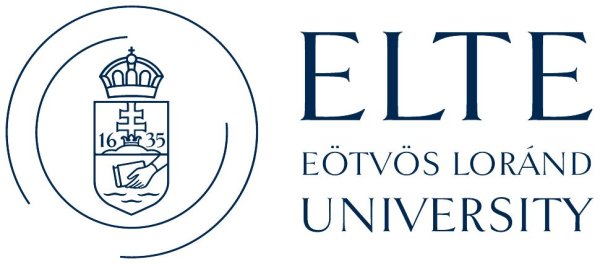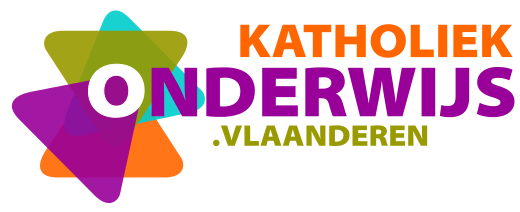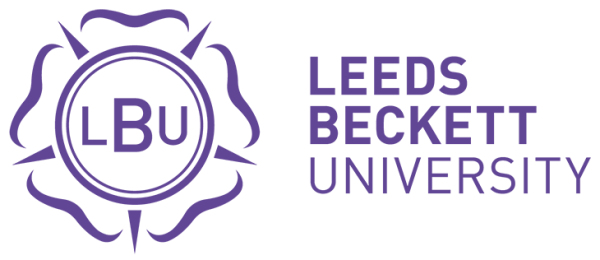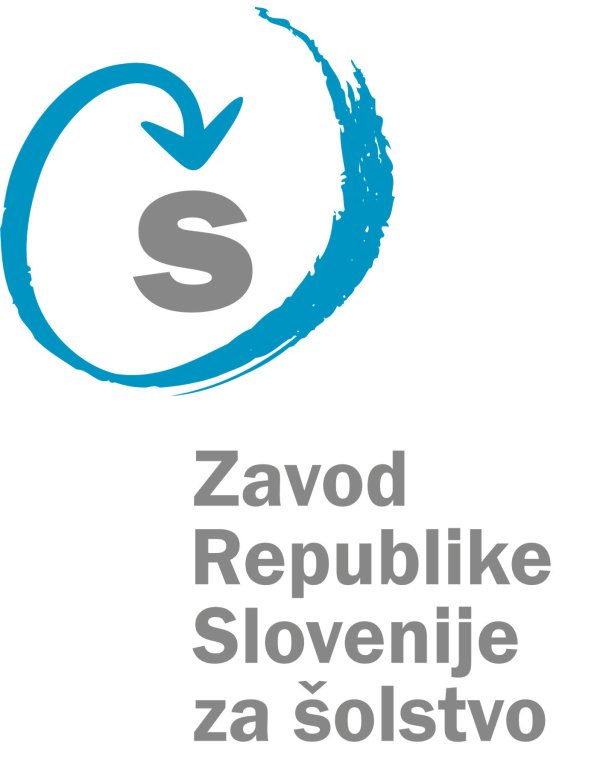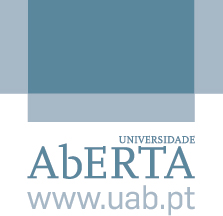Students autonomy during video conferences - Germany
I have been teaching for about 20 years at the Gymnasium, both lower and upper secondary level, mainly English. And then I also have experience in teacher education and teacher training.
Dilemma/Difficulty
I found it totally exciting what happened to me at the beginning of online teaching. With 20 years of professional experience, you already know how teaching works and go into class relatively relaxed. Nevertheless, I was often very, very tense during the video conferences: not so much during the input phases, when we were all present in the plenary, but especially during the phases when the students were working independently and no cameras were on. The tension had very different reasons. I didn't dare move away from the screen in case a question came up, because I didn't want to appear lazy in any case. Then you never know if the technology will cause problems. In addition, the whole lesson is less plannable, because if I give the students more open tasks, the questions and the problems are much less predictable. And yes, of course that puts a bit of pressure on you. In face-to-face teaching, it's clear that you can't or won't give feedback on all 30 products that are created. No one expects that there. But in online teaching, you have the feeling that you want to do justice to everyone, support everyone. You quickly feel responsible for the well-being of all students.
In what ways did you respond to this dilemma/difficulty?
I believe that if one is clear about one's role as a teacher, then this difficulty resolves itself. Teachers who are more of a "command & control" teacher have more difficulties than those who have trust in their students ("trust & belief") and see themselves more as facilitators and learning supporters ("guide on the side"). In the course of teaching online, I noticed that I gained much more insight into how students work, what problems they have and what support they need. This also reduced my tension. I also changed my online teaching because I realised that I also need feedback on where the students are at the moment. I now do more revision loops than before. In the past, I would introduce grammar topic 1, do exercises on it and check off the topic. Now the grammar topics are repeated, revisited and so on. In addition, I have introduced a kind of learning diary to support the students, the Brain crutch-scribble-book. I try to incorporate it into the lessons every double lesson, even now in the face-to-face lessons. In this book, everyone can record and reflect on what they have learned and what they still know about the respective topic. This can be done in the form of a drawing, an audio or in other creative ways. This makes learning visible and tangible for the students.
What are the implications for teaching, learning and my understanding of the role of a teacher?
I have come to believe that professional competence really is the be-all and end-all of being a good teacher. This is especially true when teaching is open, when you can't plan everything in advance, but are confronted with very different topics, questions and problems. If you are technically skilled and also have a pedagogical flair and a basic methodological-didactic understanding of how learning works, as well as trust in the students, then learning can unfold.
Keywords: interaction with students, well being, collaboration with colleagues, relationship with others, teacher exposure, online classroom management, facilitating learning

